Residential Car Maintenance: Practical Tips for Home Drivers
Owning a car means you’re responsible for keeping it healthy, and most of that work can be done right from your driveway. You don’t need a garage full of tools or a mechanic’s degree to stay safe on the road. Below are simple checks and fixes you can handle yourself, plus signs that it’s time to call a pro.
Everyday Checks You Can Do at Home
Start with the air filter. A clean filter helps the engine breathe and can improve fuel economy. If you’re wondering whether an expensive premium filter is worth it, test a standard one first – most drivers get good results without splurging.
Brake pads are another common DIY task. Changing only the rear pads is okay as long as the front pads are still in good shape. Listen for squeaking or feel a soft pedal – those are clues you need new pads.
Clutch issues often show up as a burning smell or a hard shift. If the clutch feels sloppy, you can still drive, but limit heavy acceleration until a shop checks it. Spotting a burnt smell early can give you a few extra miles before a full replacement.
Alloy wheels look great, but they can still corrode. Keep them clean and dry, and inspect for any dull spots. A quick wash and a protective coating go a long way in preventing rust.
Suspension problems are easy to miss. A bent or broken suspension part can cause uneven tire wear, pulling to one side, or a bumpy ride. If you notice the car swaying or a knocking sound, it’s safer to get it inspected rather than keep driving.
Windscreen wipers are simple to replace, but they’re also a legal issue in the UK. Removing the rear wiper can cause an MOT failure, so keep both blades functional for clear visibility in rain.
Battery health checks are quick. Look for corrosion on the terminals and test the voltage with a multimeter. If the car struggles to start, it might be time for a DIY swap – just follow the safety steps and you’ll be fine.
Radiator lifespan varies, but most last between 80,000 and 150,000 miles. Watch for coolant leaks or an engine that runs hotter than usual. Flushing the radiator every few years can extend its life.
When to Call the Professionals
If you detect a clogged fuel injector, the engine may misfire or lose power. While you can clean minor deposits yourself, a severe clog often needs a specialist’s tools.
Bad spark plugs cause rough idling and sluggish acceleration. You can test them with a spark plug tester, but if they’re cracked or heavily fouled, replace them to avoid engine damage.
Aftermarket exhaust upgrades sound cool, but they can affect emissions and noise levels. Make sure any upgrade complies with local regulations and that you’re comfortable with the louder sound before fitting.
Finally, if you’re unsure about any repair, especially those involving the clutch or transmission, book a service at a trusted centre. Northwich Tyres Centre offers expert fitting, wheel alignment, and full vehicle checks to keep your car safe.
Keeping up with these simple tasks will save you money and give you confidence behind the wheel. A few minutes each month can prevent a big repair later, and you’ll always know your car is ready for the road.
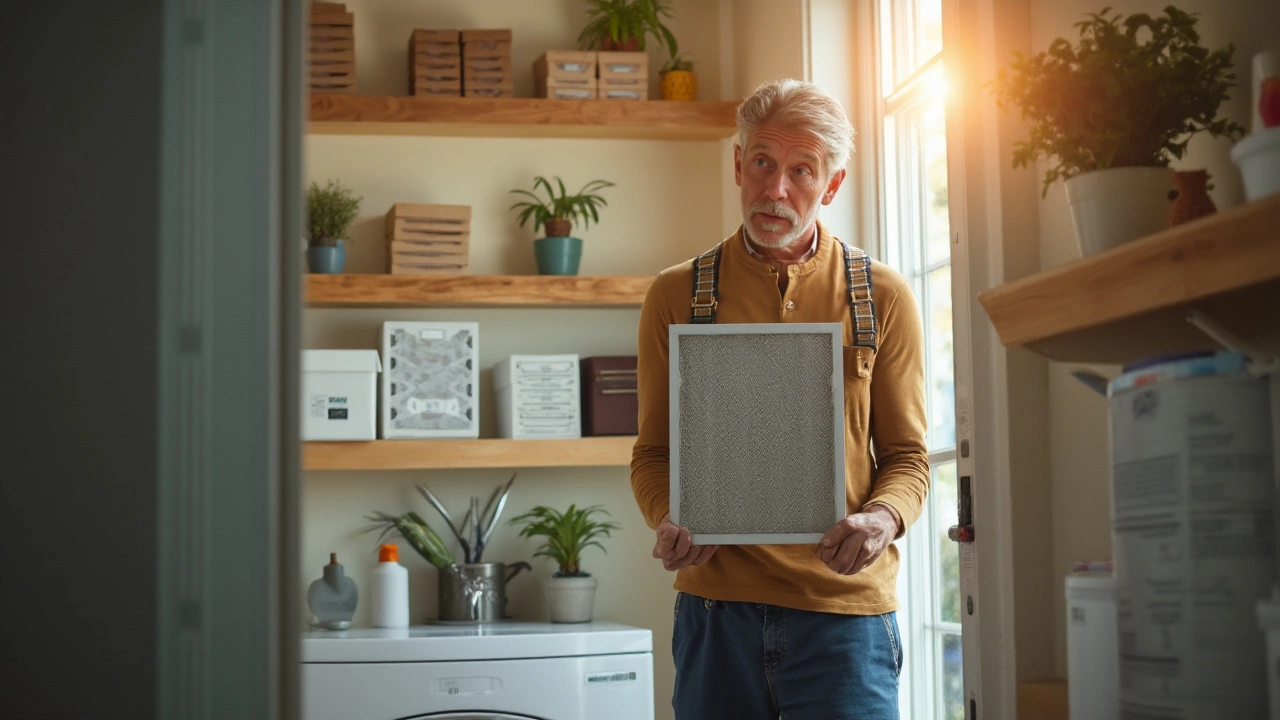 26 January 2025
26 January 2025
Is MERV 11 the Right Choice for Your Home's Air Quality?
Choosing the right air filter for your home can be challenging, with options varying in terms of efficiency and performance. This article explores whether MERV 11 filters are suitable for residential settings by analyzing their benefits and potential downsides. Discover how MERV 11 compares to other filter ratings and what factors homeowners should consider for optimal indoor air quality. Learn practical tips to ensure your filter is the best fit for your home environment.
Latest Posts
-
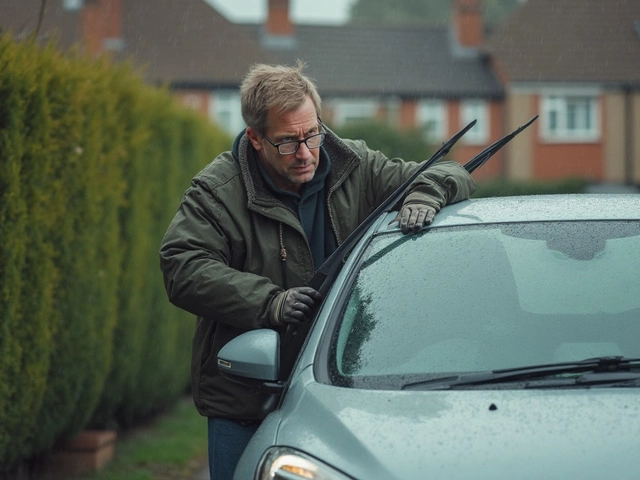
Windshield Wiper Lifespan: How Long Do They Really Last?
-
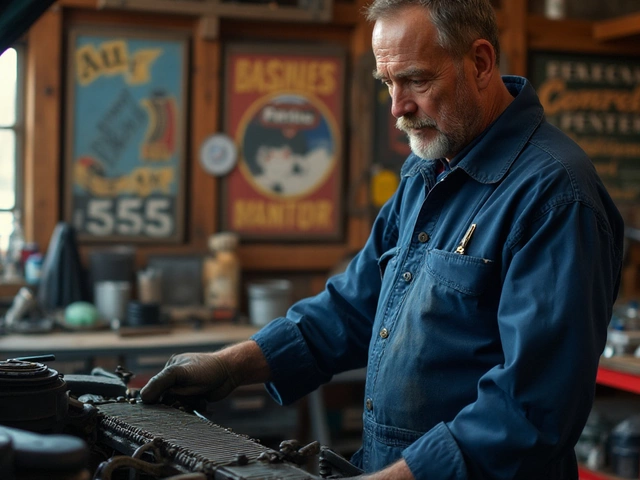
How Difficult is it to Replace a Car Radiator? A DIY Guide
-

Is it Worth Replacing Brake Pads? Here’s the Real Deal
-
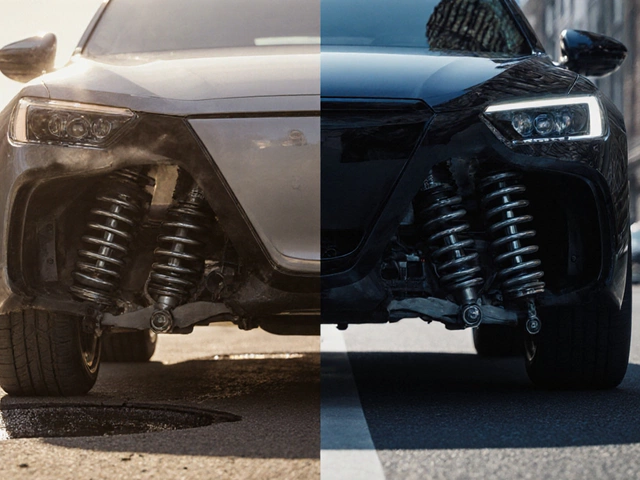
Soft vs Stiff Suspension: Which Is Better for Your Car?
-
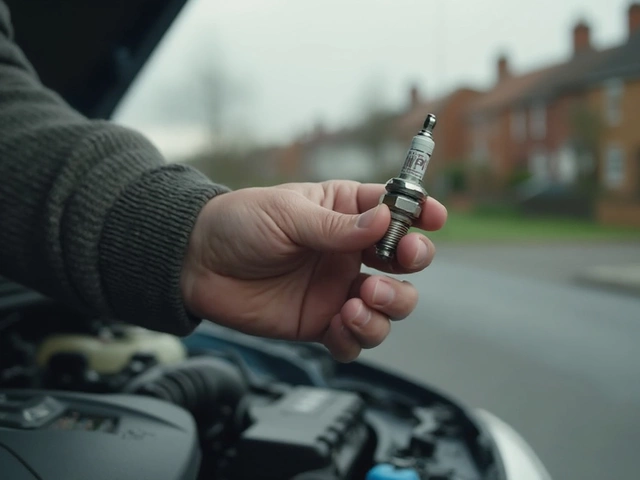
How to Tell If Spark Plugs Need to Be Changed: Quick Signs and Simple Fixes
Tags
- car maintenance
- engine oil
- spark plugs
- brake pads
- engine performance
- vehicle maintenance
- spark plug replacement
- windshield wipers
- fuel pump
- suspension parts
- clutch replacement
- oil change
- clutch kit
- car suspension
- car performance
- air filters
- car radiator
- exhaust systems
- fuel pump replacement
- engine misfire

0